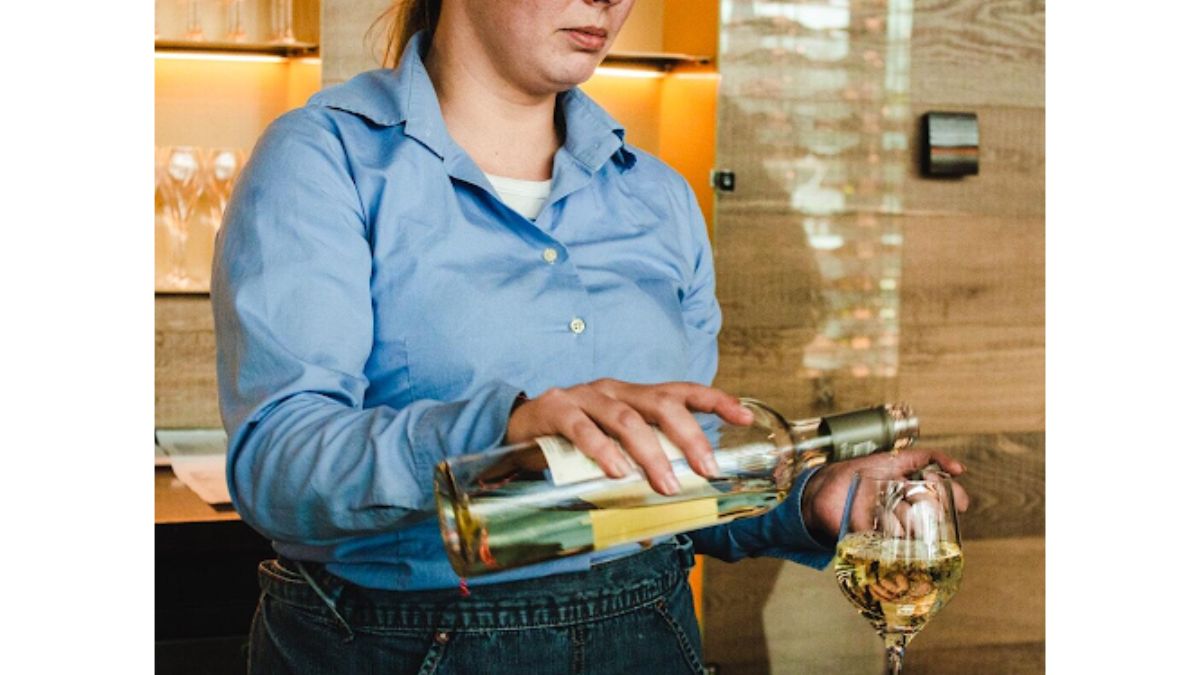Non-alcoholic wine isn’t just about replacing spirits-it’s becoming a beacon of support for those on the path to recovery.
If you’re looking to cut back on drinking or stop entirely, you might be wondering how non-alcoholic wine can benefit you. We’ve got the info you need.
Read on to find out how non-alcoholic wine can help with addiction recovery.
Social Integration
Non-alcoholic wine allows individuals in recovery to participate in social gatherings where alcohol is typically served without feeling left out or pressured to drink.
By providing a non-alcoholic alternative that resembles traditional wine, social settings become more inclusive for everyone. That’s true regardless of their drinking preferences.
If you’re struggling with alcohol addiction, look at all the options for managing your symptoms.
Non-alcoholic wine integrates seamlessly into individuals’ daily routines. That way, people trying to get sober won’t have to feel alienated.
Whether enjoying a glass with dinner, unwinding after a long day, or celebrating special moments, individuals can incorporate dealcoholized wine into their lifestyle in a way that supports their recovery goals and promotes a sense of normalcy and balance.
Symbolism
Non-alcoholic wine symbolizes transformation and renewal. It reflects a person’s decision to embrace a healthier lifestyle and break free from the grip of alcohol addiction.
Just as grapes undergo a process of fermentation to become wine, people in recovery undergo their own process of transformation. They’ll emerge renewed and revitalized without the need for alcohol.
Non-alcoholic wine symbolizes hope and the promise of a brighter future in recovery. It represents the possibility of a fulfilling life free from the pain of alcohol addiction. Each glass of unfermented grape juice embodies hope for a new beginning.
Managing Triggers
Non-alcoholic wine provides individuals in recovery with a familiar and routine-friendly alternative to alcoholic beverages. For many, the act of drinking wine is deeply ingrained in social, cultural, or personal routines.
By offering a non-alcoholic option that mimics the taste and experience of traditional wine, individuals can maintain their routines. But, they won’t have to worry about succumbing to triggers associated with alcohol consumption.
Non-alcoholic wine helps you satisfy your senses without the effects of alcohol. The taste, aroma, and mouthfeel of wine can be triggers for individuals in recovery. These sensory experiences are closely associated with past drinking behaviors.
Non-alcoholic wine allows people to enjoy these sensory pleasures without the risk of relapse. That helps you satisfy cravings in a safe and controlled manner.
Personal Choices
Non-alcoholic wine provides individuals with a broader range of beverage options, empowering them to make choices that prioritize their sobriety and well-being.
Choosing non-alcoholic wine allows individuals to express their identity and values through their beverage choices. By opting for a non-alcoholic alternative, individuals communicate their commitment to sobriety and self-care, reflecting their personal journey towards health and wellness.
Use Non-Alcoholic Wine for Addiction Recovery Today
Non-alcoholic wine can be a helpful recovery tool if you’re careful. If it seems like dealcoholized wine might work for you, start shopping for options in your area.
Are you searching for more health and wellness advice? Make sure you look through some of our other useful posts.
